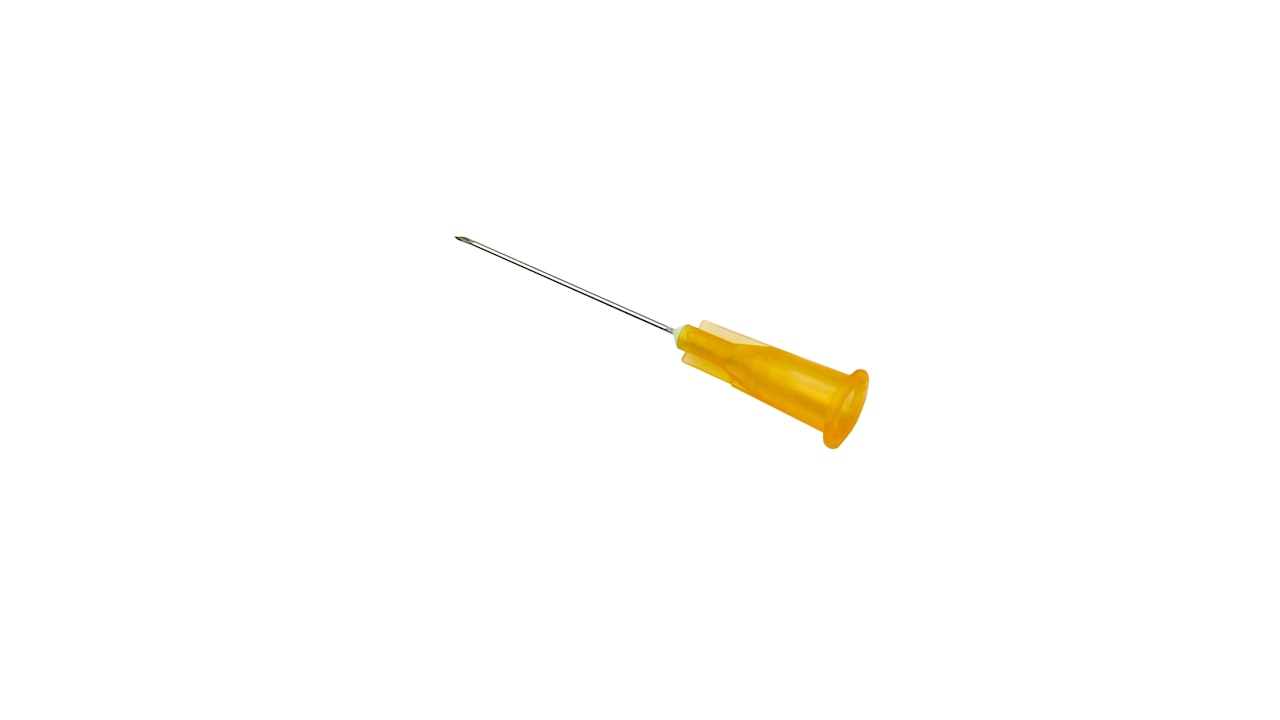Title: “The Role of Injection Molds in Modern Manufacturing Processes”
Injection molds play a crucial role in modern manufacturing processes, serving as the backbone of production for a wide range of industries. An injection mold factory is where these molds are designed, manufactured, and tested before being used in mass production.
Injection mold suppliers are key players in the industry, providing manufacturers with high-quality molds that are essential for producing consistent and precise parts. These suppliers work closely with manufacturers to understand their specific requirements and deliver molds that meet their exact specifications.
The process of creating an injection mold begins with design and engineering. Skilled designers use specialized software to create 3D models of the mold, taking into account factors such as material flow, cooling time, and part ejection. Once the design is finalized, it is passed on to toolmakers who use precision machinery to create the mold according to the specifications.
Quality control is a critical step in the production of injection molds. Molds must undergo rigorous testing to ensure that they meet the required tolerances and specifications. This may involve running test shots to check for defects, measuring the dimensions of the parts produced, and inspecting the mold for any signs of wear or damage.
Once the mold has been approved for production, it is installed in an injection molding machine. The machine injects molten material into the mold cavity, where it cools and solidifies to form the desired part. The mold is then opened, and the part is ejected, ready for further processing or assembly.
In conclusion, injection molds are essential tools in modern manufacturing processes, enabling manufacturers to produce high-quality parts with efficiency and precision. Injection mold factories and suppliers play a pivotal role in ensuring that manufacturers have access to the molds they need to bring their products to market.

 Title: “The Evolution and Importance of Injection Molds in Modern Manufacturing”
Title: “The Evolution and Importance of Injection Molds in Modern Manufacturing” Title: The Innovation and Efficiency of Injection Molds in Modern Manufacturing
Title: The Innovation and Efficiency of Injection Molds in Modern Manufacturing